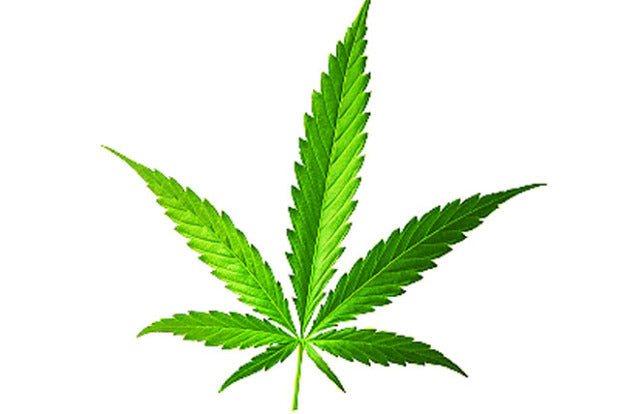Adverse Effects of Marijuana to Fetus and Infants
Fetal and infant exposure to cannabis causes prolonged negative influences in brain development. This is caused by ingestion, inhalation, breast feeding and skin application. The effects are lifelong and can be passed to prodigy.
Symptoms include hyperactivity, delinquent behavior,memory dysfunction and lower I.Q. By adolescence, they experience higher rates of opioid use and other recreational drugs. By adolescence, they have experience more depression and anxiety, psychotic and schizophrenic behavior.
Cannabis is easily absorbed into the blood- barrier. It adversely affects complex brain functions, such as goal directed behavior and decision making processes.Reduced social behavior can occur from altercations in several important brain proteins. Females suffer more from aggression and impaired attention than males according to recent research.
Source: Andrew Scheyer, Fetal Effects: The Scientist, January, 2019.
Continue reading

